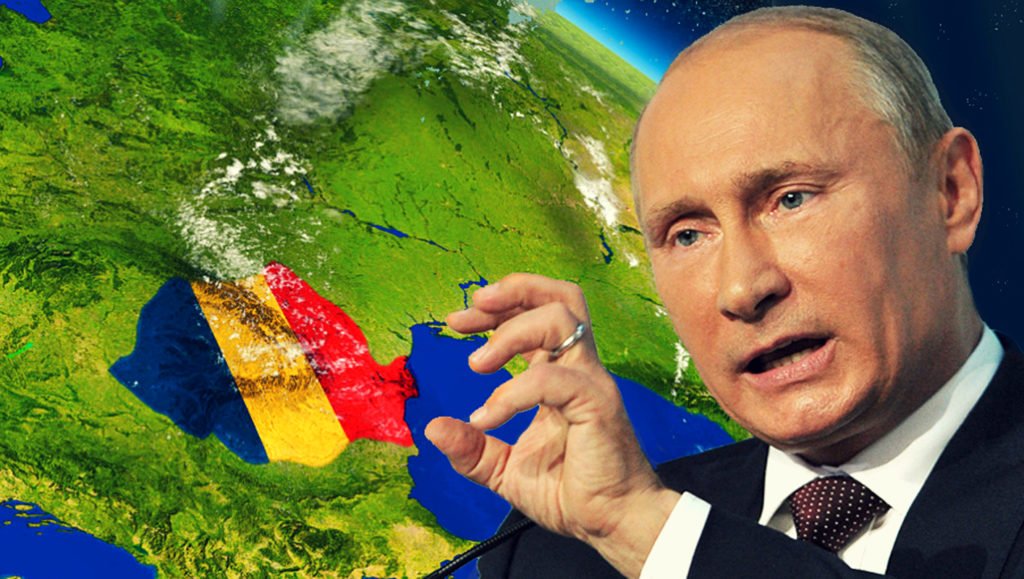Even as Ukraine conflict entered fourth week,there is no clue that what is his war aim and is there a way out? After three weeks of futile attempts of a break-through in the war, a clear shift in Russian President Vladimir Putin’s voice is evident. The goals he set at the start of Russia’s invasion appear to have been watered down during the course of a war that he assumed would be swiftly won.
He could not even admit it was an invasion or a war, preferring the fiction of a “special military operation”. But what is clear is that he sees this as a pivotal moment in Russian history. “Russia’s future and its future place in the world are at stake,” says foreign intelligence Chief Sergei Naryshkin.
While launching the war, Putin told his countrymen that his goal was to “demilitarise and de-Nazify Ukraine”, to protect people subjected to what he called eight years of bullying and genocide by Ukraine’s government.” But lately, he is hardly using such terminology.
Both Ukrainian and Russian negotiators have reported progress in recent talks between the two sides. Kyiv and Moscow reported some progress in talks this week towards a political formula that would guarantee Ukraine’s security, while keeping it outside NATO, though both sides accused each other of dragging things out.
Russia now aiming for a neutral Ukraine
Latest reports from peace talks suggest Russia is no longer seeking to overthrow the government and is instead aiming for a neutral Ukraine. Russia is considering a “neutral, demilitarised” Ukraine with its own army and navy, along the lines of Austria or Sweden, which are both EU members. Austria is neutral, but Sweden is not. In fact it is non-aligned and takes part in Nato exercises.
After three weeks of the war, Russian morale is seen extremely low and that the Russian air force, which they expected to dominate the skies, continues to move with extreme caution to avoid Ukrainian air defences.
Of course, Ukraine’s military is suffering too, and Western officials are acutely conscious that Putin could, as one put it, “double down with greater brutality”. But not only is the war not going the way it was planned, they say – even the recent shift to a slower, more grinding form of warfare is stalling as well.
Russia’s Defense Ministry announced on March 19 that it had used its new Kinzhal hypersonic missiles in Ukraine for the first time to destroy a weapons storage facility in the western Ivano-Frankivsk region, which is less than 150 kilometers north of Romania and 250 kilometers from Hungary.
Ukrainian Air Force spokesman Yuriy Ihnat confirmed to the Ukrayinska pravda newspaper that a missile and ammunition warehouse in Ivano-Frankivsk had been hit by a missile strike, but he said it had not been determined whether the missile used was a Kinzhal.
Russia also said it had used a coastal missile system to destroy radio and reconnaissance centers it said were used by the Ukrainian military near the Black Sea port city of Odesa
Ceasefire in coming days?
Ukrainian presidential adviser Mykhailo Podolyak believes a ceasefire could start in the coming days because Russian forces are stuck in their current positions.
Both sides have spoken positively of progress in negotiations, and Podolyak says Russia’s president has softened his demands.
Russia does appear to have accepted it cannot depose Ukraine’s leadership and replace it with a puppet government, as exists in Belarus. President Volodymyr Zelensky said at the start of the war he had been warned “the enemy has designated me as target number one; my family is target number two”.
France’s foreign minister says Moscow should declare a ceasefire first, because you do not hold talks “with a gun to your head”.
Moreover, Ukraine has also softened its stance since Russia’s invasion, with President Zelensky saying that Ukrainians now understood that NATO would not admit them as a member: “It’s a truth and it must be recognised.”
Zelenskiy has called for fresh talks with Moscow more than three weeks into Russia’s invasion of his country, with fighting raging throughout Ukraine and Russia saying it used hypersonic missiles in the west and that its troops have entered a strategic port city in the southeast.
Zelenskyy urges Moscow to engage in peace talks “without delay”; “This is the time to meet, to talk, time for renewing territorial integrity and fairness for Ukraine,” Zelenskiy said in a video posted to Facebook on March 19.
“Otherwise, Russia’s losses will be such that several generations will not recover.” He said that peace talks with Russia were beginning to sound “more realistic” but that more time was needed to ensure the outcome of the negotiations were in Kyiv’s interests.
Ukraine’s requirements are clear, says the presidential adviser: a ceasefire and the withdrawal of Russian troops, but also legally binding security guarantees that would give Ukraine protection from a group of allied countries that would actively prevent attacks and “take an active part on the side of Ukraine in the conflict.
Securing Russian military withdrawal to pre-war positions will not only be a Ukrainian demand, it will also be a red line for the West, which will refuse to accept another of Russia’s “frozen conflicts”, says Marc Weller, professor of international law and former UN mediation expert.



